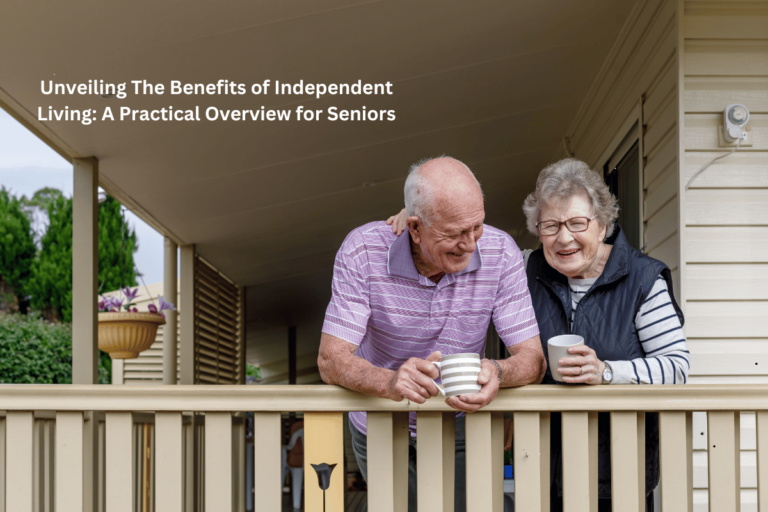Exploring the Role of Social Media in Patient Experience Strategies
In the rapidly evolving landscape of healthcare, the role of social media in patient experience strategies has become increasingly significant.
As patients seek information, support, and engagement beyond the confines of traditional healthcare settings, social media platforms offer a unique opportunity for healthcare organizations to connect with their patients in a more dynamic and interactive manner.
From patient education and trust-building to feedback collection and personalized care, the potential of social media in shaping patient experiences is immense.
However, the complexities and nuances of harnessing social media for patient-centric strategies require careful consideration and deliberate planning.
Understanding the multifaceted impact of social media on patient experiences warrants a closer examination of its various dimensions within the healthcare context.
Key Takeaways
- Social media platforms provide a platform for sharing informative content and facilitating meaningful interactions within healthcare communities.
- Transparent communication and timely responses to patient inquiries build confidence and reliability in healthcare providers.
- Social media platforms create online communities for support and sharing experiences, empowering patients through timely information access and enhanced communication with healthcare providers.
- Patient feedback and reviews on social media provide valuable insights into the patient experience, promoting transparency and highlighting areas of excellence while also presenting opportunities for improvement.
Social Media's Influence on Patient Education
Social media has emerged as a powerful tool for enhancing patient education. It provides a platform for sharing informative content and facilitating meaningful interactions within healthcare communities.
Online resources and interactive content play a pivotal role in this landscape. They offer patients access to a wealth of information that empowers them to make informed decisions about their health. According to a survey conducted by the Pew Research Center, 72% of internet users looked online for health information within the past year. This indicates a growing reliance on digital platforms for educational purposes.
Furthermore, interactive content, such as webinars, live Q&A sessions, and virtual support groups, has transformed the way patients engage with healthcare information. It fosters a sense of community and support. A study published in the Journal of Medical Internet Research revealed that interactive online interventions led to significant improvements in patients' knowledge and self-management of chronic diseases.
Building Patient Trust Through Social Media Engagement
Building patient trust through strategic engagement on digital platforms is essential for fostering a sense of confidence and reliability in healthcare providers. Trust building strategies on social media involve transparent communication, timely responses to patient inquiries, and the dissemination of accurate medical information.
By actively engaging with patients on platforms such as Twitter, Facebook, and Instagram, healthcare providers can demonstrate their commitment to patient care and address any concerns or misconceptions. Patient engagement tactics, such as hosting live Q&A sessions with medical experts, sharing patient success stories, and providing educational content, can help establish a trustworthy and credible online presence.
Moreover, leveraging patient testimonials and reviews can further strengthen the trust between healthcare providers and their audience. Data-driven approaches, including monitoring and analyzing patient feedback and interactions, allow providers to continuously refine their social media strategies to better meet patient needs and expectations.
Ultimately, by prioritizing patient trust through purposeful engagement, healthcare providers can cultivate lasting and meaningful relationships with their audience, ultimately improving patient experience and satisfaction.
Enhancing Patient Support and Communication via Social Media
To further foster patient trust and engagement, healthcare providers can utilize social media platforms as a means to enhance patient support and facilitate effective communication within the healthcare ecosystem. By leveraging social media, healthcare organizations can create online communities where patients can find support, share experiences, and access valuable health information. This not only empowers patients to take an active role in their healthcare journey but also enables them to connect with others who may be going through similar experiences.
| Benefits of Using Social Media for Patient Support |
|---|
| Patient Empowerment |
| Access to Timely Information |
| Enhanced Communication with Healthcare Providers |
Utilizing Social Media for Patient Feedback and Reviews
Utilizing social media platforms for patient feedback and reviews offers healthcare providers valuable insights into the patient experience and allows for informed decision-making based on real-time, data-driven perspectives.
Improving communication with patients is a key benefit of leveraging social media for feedback and reviews. Patients can openly share their experiences, providing healthcare providers with direct and unfiltered insights into the quality of care and services. This open line of communication promotes transparency, as positive feedback highlights areas of excellence, while any negative feedback presents an opportunity for healthcare providers to address concerns and make improvements.
Additionally, social media platforms enable healthcare providers to gather and analyze patient reviews, identifying trends and patterns that can inform strategic decision-making. By aggregating and analyzing patient feedback from various social media channels, healthcare providers can gain a comprehensive understanding of patient satisfaction levels and areas for improvement. This data-driven approach allows for targeted interventions to enhance the patient experience, ultimately leading to improved patient satisfaction and loyalty.
Integrating Social Media Into Patient-Centered Care
Incorporating social media into patient-centered care initiatives enhances communication, fosters patient engagement, and provides valuable insights into the patient experience.
Social media's impact on patient empowerment and communication is profound. Patients can access a wealth of health-related information, connect with others facing similar health challenges, and engage in discussions that empower them to make informed decisions about their care.
By leveraging social media for patient advocacy and community building, healthcare organizations can create spaces where patients feel supported, heard, and valued. These platforms enable the sharing of personal experiences, which can be instrumental in fostering a sense of community among patients.
Furthermore, healthcare providers can use social media to disseminate educational content, promote health literacy, and offer support to patients beyond the confines of traditional care settings.
Integrating social media into patient-centered care not only facilitates better communication between patients and healthcare providers but also cultivates a supportive environment where patients are active participants in their healthcare journey.
Conclusion
In conclusion, social media plays a crucial role in patient experience strategies. It provides education, builds trust, enhances communication, collects feedback, and integrates patient-centered care.
Furthermore, social media allows for the creation of a rich tapestry of patient experiences, insights, and interactions. As the saying goes, "a picture is worth a thousand words."
Therefore, it is evident that healthcare organizations must harness the power of social media to improve patient experience and outcomes.







